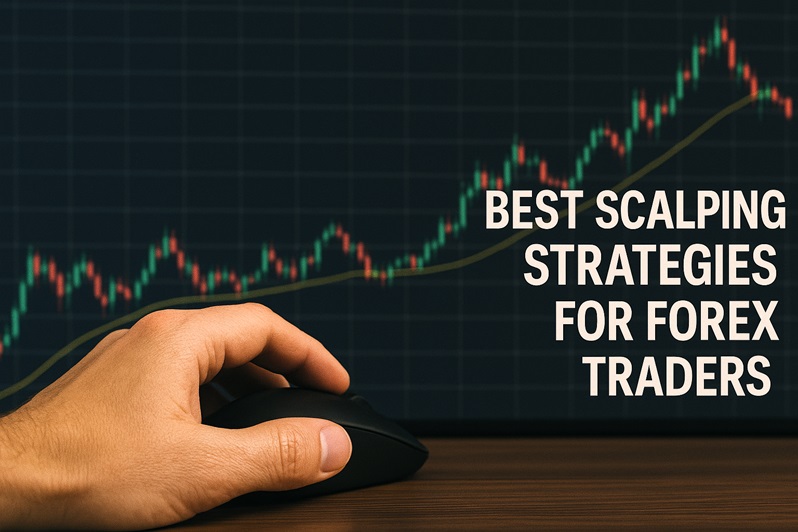
Scalping is a popular trading style in the Forex market that focuses on executing multiple trades within a short timeframe to capture small price movements. For traders who prefer a fast-paced, high-energy trading environment, scalping can be both thrilling and potentially profitable. However, success in this strategy depends on precision, discipline, and a solid understanding of effective techniques.
What Makes Scalping Unique in Forex Trading
Scalping differs from other trading strategies by emphasizing quick entries and exits, often within minutes. It requires constant monitoring of charts, rapid decision-making, and reliable execution. Because it seeks to exploit tiny price fluctuations, scalpers typically rely on low spreads, high liquidity, and minimal slippage. This is why major currency pairs such as EUR/USD and GBP/USD are preferred, as they offer tight spreads and consistent volume.
Scalping is best suited for volatile market conditions where frequent price movements provide multiple opportunities. Traders often use the 1-minute or 5-minute charts, focusing on technical indicators like moving averages, Bollinger Bands, and the Relative Strength Index (RSI). Timing and speed are critical, and automated trading tools or expert advisors are often employed to increase efficiency.
Effective Scalping Techniques to Consider
One of the most effective scalping strategies is moving average crossover. This method uses short-term and long-term moving averages to identify momentum shifts. When the shorter moving average crosses above the longer one, it signals a potential buy opportunity. Conversely, a downward crossover may indicate a sell.
Another popular approach is breakout scalping. Here, traders monitor price consolidation zones and place trades when the price breaks out of the range with increased volume. This strategy aims to capture quick gains before the market retraces. Scalping with RSI involves identifying overbought and oversold conditions on lower timeframes, allowing traders to enter and exit positions with minimal drawdown.
To succeed with these strategies, traders must maintain strict risk management, use tight stop-losses, and avoid overtrading. Emotional control is vital, as scalping can be stressful and requires intense concentration. Consistent evaluation of performance helps refine techniques and adapt to changing market behavior.
The Role of Technology in Scalping Success
Modern trading platforms play a critical role in scalping. Fast order execution, advanced charting tools, and customizable indicators give traders a competitive edge. Many scalpers use VPS hosting to reduce latency and ensure uninterrupted access to the market. Algorithmic trading systems are also becoming increasingly popular, automating trade entries and exits based on pre-set rules.
A reliable internet connection, a well-optimized workstation, and a deep understanding of platform features are essential. Choosing a broker that supports scalping without restrictions is equally important. Scalpers should verify that their broker offers tight spreads, low commissions, and quick execution speed.
Conclusion
Scalping in Forex trading offers the potential for quick profits, but it requires discipline, skill, and a well-structured strategy. By mastering proven techniques, leveraging technology, and maintaining emotional control, traders can navigate the rapid movements of the Forex market with confidence. For those drawn to the intensity of short-term trading, scalping provides a dynamic path to market success.
FAQs
What is the best time to scalp in Forex?
The best time is during high liquidity periods, such as the overlap between the London and New York sessions.
Do I need a fast internet connection for scalping?
Yes, speed is essential. A fast and stable internet connection ensures smooth execution and reduces slippage.
Can beginners succeed in Forex scalping?
While possible, scalping requires fast decision-making and strong discipline. Beginners should practice on demo accounts first.
What are the risks of Forex scalping?
Risks include overtrading, emotional stress, and rapid losses due to tight stop-losses or volatile market moves.
Is scalping allowed by all Forex brokers?
No, some brokers restrict scalping. It’s important to choose one that specifically supports this trading style.
